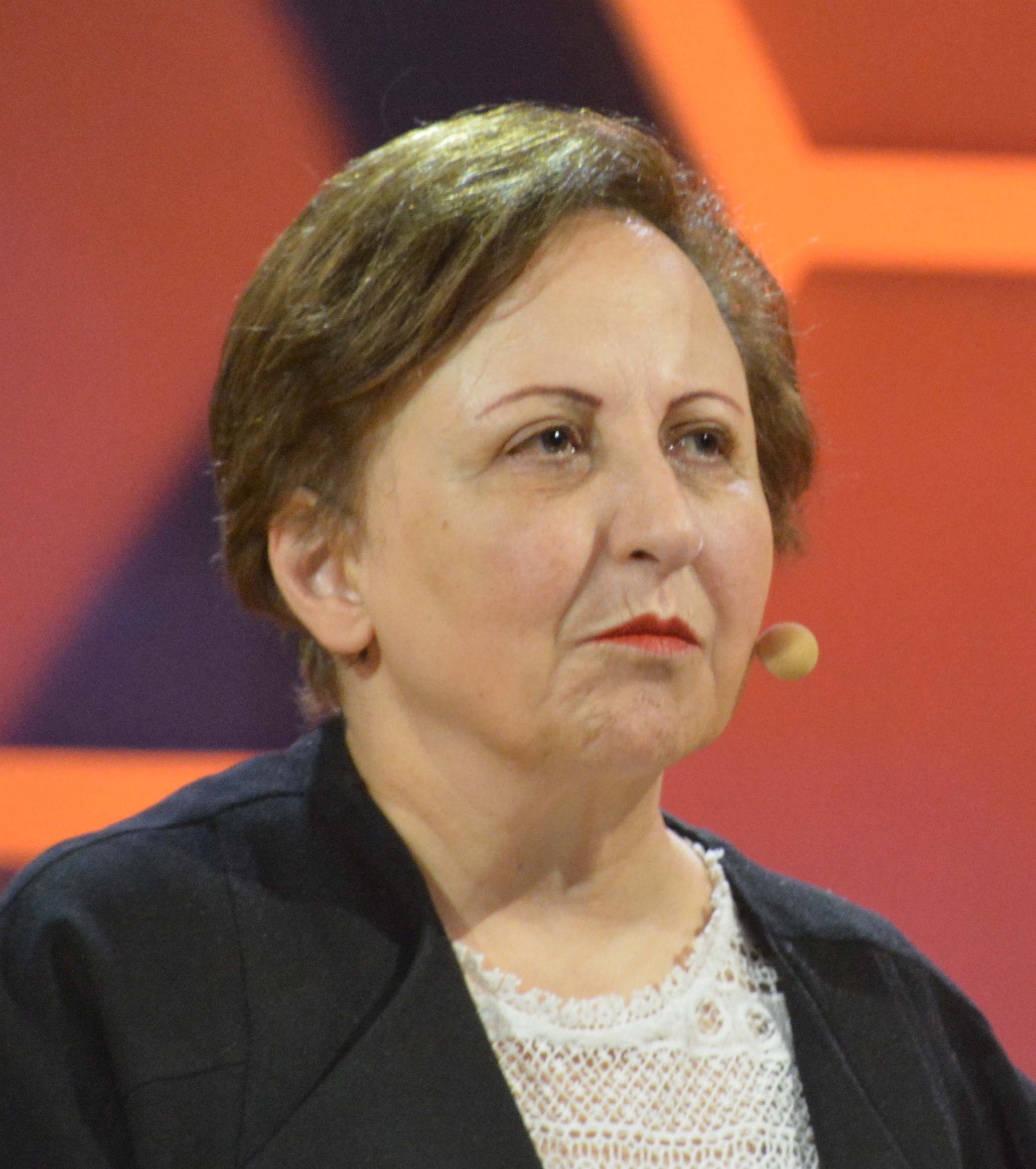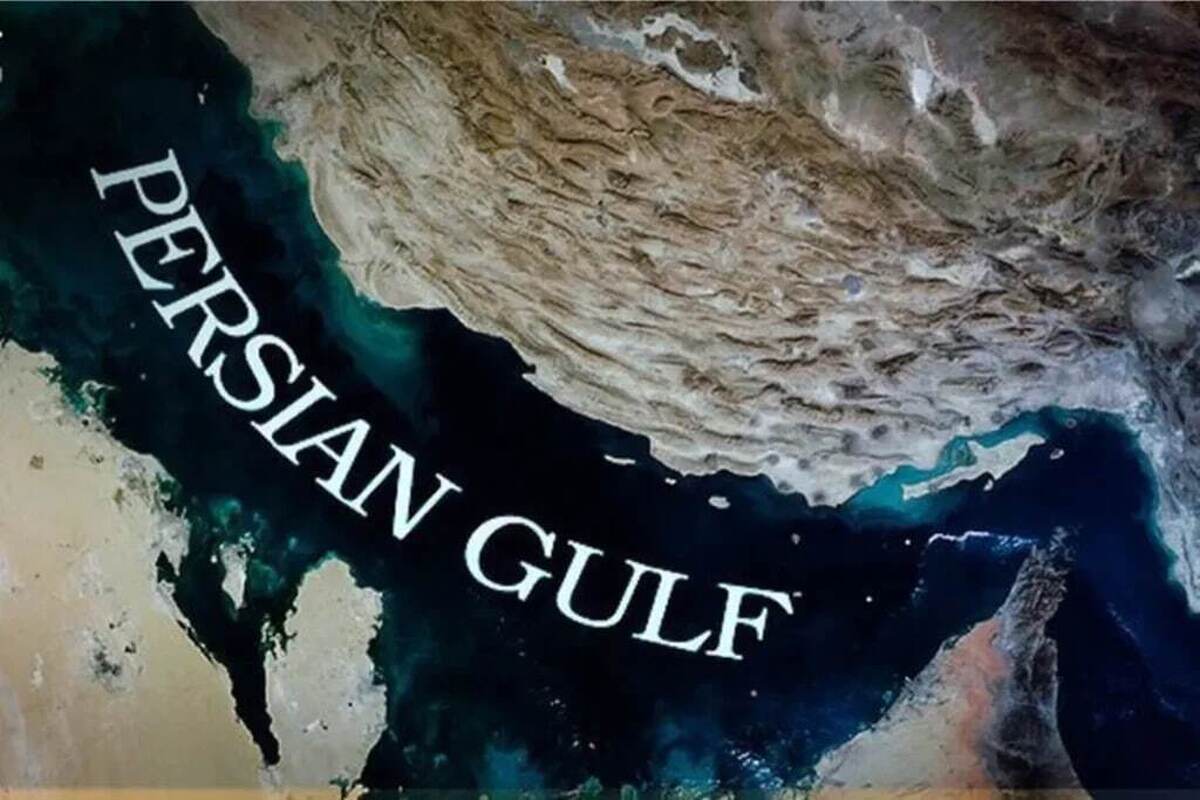
I thought the Iranian Revolution would bring freedom. I was wrong.
By Shirin Ebadi
Shirin Ebadi, a lawyer and human rights activist, was awarded the Nobel Peace Prize in 2003.
I write this letter to my daughters and their generation, 41 years after a revolution that my generation helped to bring about. I hope you forgive us for the mistake we made. Although we did not intend it, we have darkened your world.
Yes, we wanted to make the world a better place. We were dreamers. We dreamed of creating a country where both human rights and human dignity would be guarded by strong democratic institutions. We thought that we had every right to translate these beautiful ideas into reality.
Yet the border between idealism and naivete is sometimes blurred. In our idealism, we were naive enough to think that the cleric Ruhollah Khomeini was the man to make our dreams come true. It is hard to admit it, but we started to follow him even though we knew very little about his vision for Iran. Millions of people were enchanted by him. They were captivated by his charisma without reading any of his books or listening to him in an open and free debate.
Although I take full responsibility for my own mistakes, I believe that Iran’s lack of freedom of expression at the time was partly to blame. Had we had access to information, we would have been in a better position to judge for ourselves. Had free political parties existed, they could have challenged him and contested his ideas. Debate and exchange could have prevented the rise of a cult of personality that paved the way to a religious dictatorship. I strongly believe that Khomeini’s ideas could not have survived closer scrutiny in an open environment.
Today, with the benefit of hindsight, most of us can agree that 1979 was not the time for a revolution. What we needed most was reform, not the total destruction of the system. In fact, toward the end of the Pahlavi dynasty, we seemed to have the right conditions for a meaningful transition. The shah was ill and weak; as the revolution got underway, he reluctantly appointed Shahpour Bakhtiar, who had spent many years of his life fighting for liberal democracy, as prime minister. Bakhtiar was determined to be the agent of change. Yet we never gave him a chance.
Our shortsightedness resulted in what we see today. Over the past four decades, many of our youths have sacrificed their lives to compensate for our mistake. It profoundly saddens me to see how economic mismanagement and political repression have created a profound sense of hopelessness among the younger generation. In this desperate situation, many of our talented young people leave the country to pursue their dreams. Why? Because our revolution created a corrupt economic and political system that thrives on the binary opposition of “us” or “them.” If you aren’t one of “them,” you will have few opportunities for advancement or personal development.
I was naive enough to think that Khomeini, a man with such religious authority, would never lie. In exile in Paris, before his return to Iran at the beginning of February 1979, he was talking about freedom and prosperity for all. Yet as soon as he achieved power, he put severe restrictions on women, excluding half of the population from full participation in society. The very day he started to implement the new laws on women I realized that even a religious leader can be deceitful. The man who was supposed to be a savior became a dictator instead.
Like many others, I soon started to pay a heavy price for the changes. I had been the first female judge in the era of the shah. Under the Islamic republic, however, the authorities deprived me of the position; in their view, a woman was not capable of sound legal judgment.
Yet even this was not the main source of disappointment. I was ashamed of my own contribution to a revolution that went on to cause so much human suffering. Even so, I refused to give in. Seeing a need, I became a human rights lawyer, going on to defend some of the most vulnerable groups of people. It was my own small way of trying to compensate for my error of judgment in supporting the revolution.
Even so, I still feel that I owe the young generation a big apology. They were born into a repressive political system that many idealistic people like me unintentionally helped to create. As we mark the 41st anniversary of the Islamic Revolution this month, I look at the past and wonder why we were unable to create a better society for our children to be born into. They deserved to inherit a fairer society, one capable of creating the institutions to guard human rights and human dignity.
Forty-one years on, I am deeply sorry that you still have to pay such a high price for the mistake we made. I hope you can forgive me and the many others who succumbed to the thrill of revolution and did not think about the implications of their actions.



